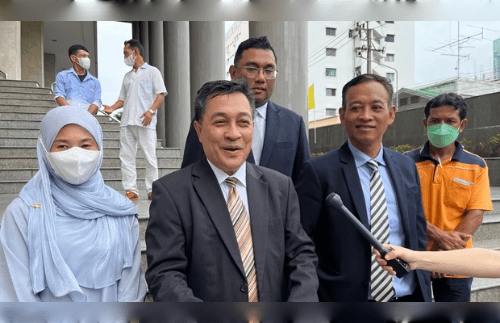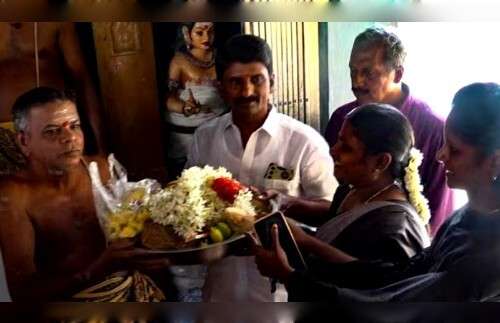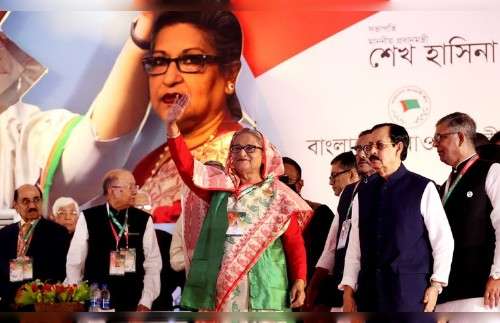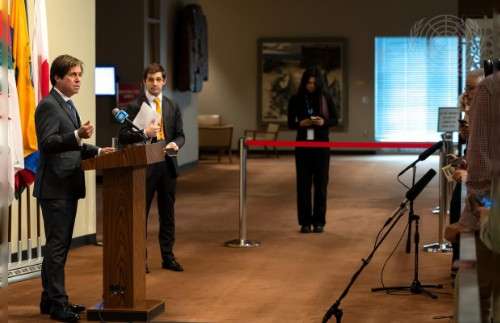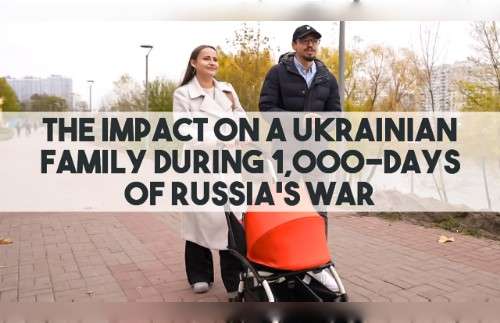The women died mostly from small arms fire, artillery blasts and torture.
By RFA Burmese

By the time they heard the soldiers enter their village, it was too late to flee.
The three women – Nyo Kyin, 50, Aye Aye Win, 40, and her 13-year-old daughter Moe Yi – hid in the outhouse behind their home, hoping they wouldn’t be found, a resident of the village in Myanmar’s northern Sagaing region said about the July 22 attack.
“But a junta soldier found them and shot them in the head,” said the resident, who spoke on condition of anonymity citing fear of reprisal.
“Their bodies were found near the toilet.”
The troops then set fire to nearly 100 houses, or around one-third of the dwellings in the 1,000-person village, before pressing on with their scorched earth offensive elsewhere in the embattled northern region.
The women are just three of at least 363 women killed by the junta in the two years since the military seized power in a Feb. 1, 2021, coup, according to Thailand’s Assistance Association for Political Prisoners (Burma).
The individuals, ranging in age from 1 month to more than 60, died from small arms fire, heavy artillery blasts, torture during interrogation and after being taken hostage by military troops, the group said in a report published Wednesday.
“Some were raped, some were hit by artillery, others died when the military shot at peaceful civil protests,” said an official with group who also declined to be named. “Some women died in prison. They were arrested, detained and killed. Others were killed by the junta’s shelling.”
The findings were based on reports by family members of victims, as well as from people who witnessed the crimes, the official said, although he added that the actual number of women killed is likely even higher.
Women targeted ‘on a daily basis’
In Sagaing and Magwe regions, where fighting between the military and anti-junta People’s Defense Force paramilitary groups continues, residents say regime soldiers raiding villages sexually assault women and arrest those who cannot escape “on a daily basis.”
In another terrifying attack on Dec. 28, junta troops raided Ah Lel Sho village in Sagaing’s Khin-U township, killing nine civilians, including a 45-year-old woman named Htay Win and a 48-year-old woman named Chaw Po.
A person close to Win Htay’s family, who refused to be named for security reasons, told RFA that the soldiers tied Win Htay and Chaw Po’s hands behind their backs and shot each of them in the head in the middle of the village.
“Htay Win and Chaw Po chose the wrong direction to run that day … The troops raided out of the blue and we had to flee frantically,” the source said.
“I saw them arrested … But instead of releasing them after interrogation, the soldiers killed them brutally. I feel really disgusted by their cruelty.”
However, not even those who manage to flee the fighting and village raids are safe, sources told RFA.
On Jan. 16, heavy artillery fired by a military unit based in Shan state’s Pekon township hit a refugee camp in nearby Mobye township’s Kaung Saung village, killing a 33-year-old refugee named Elizabeth, her uncle told RFA.
The uncle, who gave his name as Mr. Yaw, said the soldiers had been firing artillery “aimlessly” and weren’t even involved in a battle at the time of Elizabeth’s death.
“There were some huts built for refugees of conflict on higher ground, above the village monastery,” he said. “The shell hit her hut directly and she died on the spot.”
Mr. Yaw said residents of refugee camps are at particularly high risk from military ground patrols and heavy artillery strikes.
Finding justice for women victims
Women’s rights activists told RFA that military village patrols regularly target women and children because they are more vulnerable and called for the junta to be tried for its crimes at an international court.
“So far, the military has enjoyed near total immunity from punishment,” said Nang Moh Moh, co-secretary of the Women’s League of Burma.
“The people of Myanmar and the international community must hold the terrorist junta responsible for these crimes so that the women who they have victimized can receive justice.”
Attempts by RFA to reach junta Deputy Information Minister Major Gen. Zaw Min Tun for comment on AAPP’s findings went unanswered Thursday. However, on Aug. 17, 2022, junta chief Sr, Gen. Min Aung Hlaing told the U. N. Secretary General’s Special Envoy to Myanmar Noeleen Heyzer that reports of troops killing civilians and burning their homes were untrue.
According to the AAPP, authorities in Myanmar have killed at least 2,948 civilians and arrested 17,604 others since the coup, mostly during peaceful anti-junta protests.
Translated by Myo Min Aung. Edited by Joshua Lipes and Malcolm Foster.
Copyright © 1998-2020, RFA. Used with the permission of Radio Free Asia, 2025 M St. NW, Suite 300, Washington DC 20036. https://www.rfa.org







